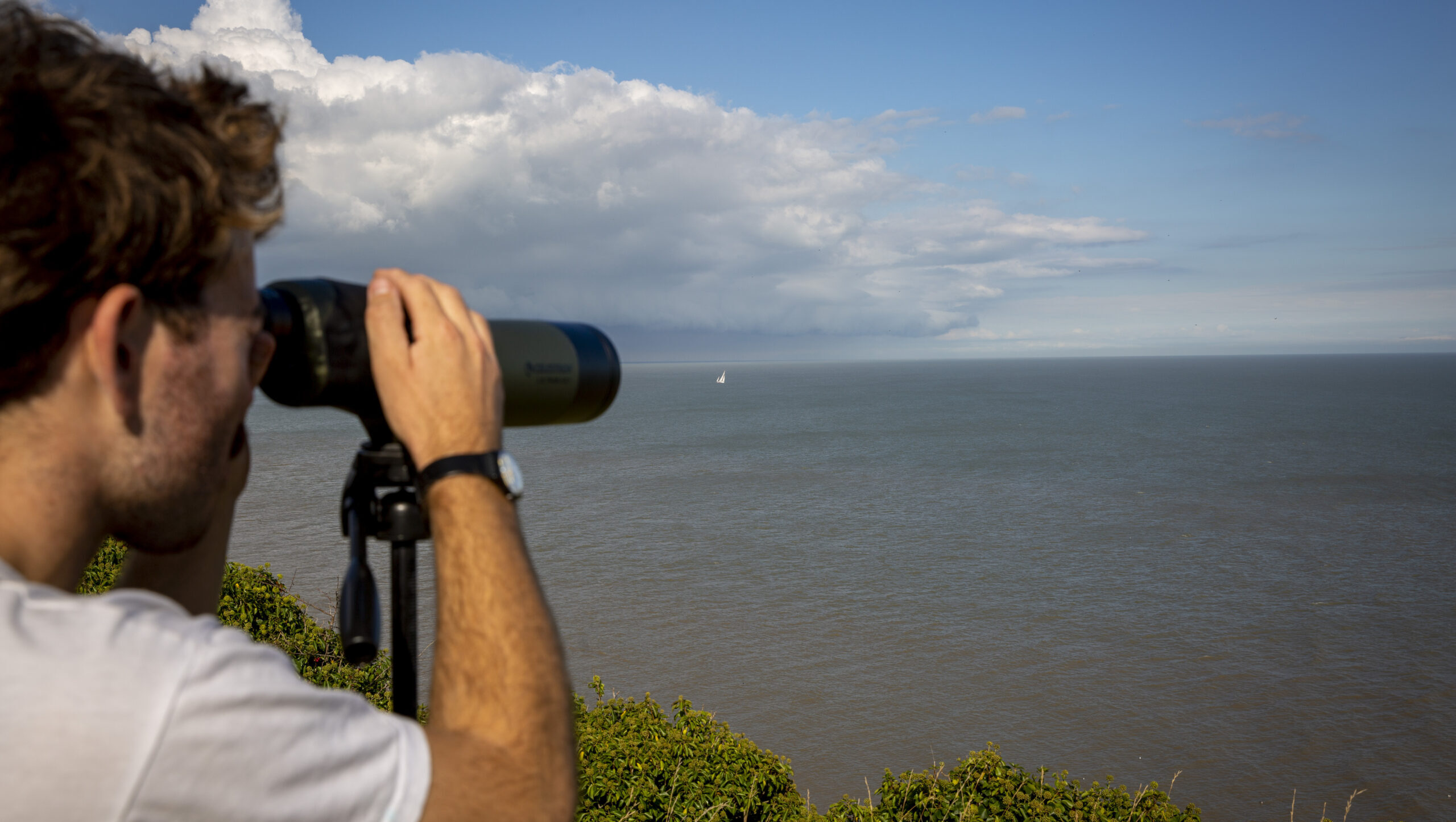A cursory glance at recent newspaper headlines would suggest that young British men are already being fitted for uniforms and kissing their sweethearts farewell at train stations, ready to be packed off to Europe as part of a conscript army taking on the might of the Russian military.
Last week, the outgoing Chief of the General Staff, General Sir Patrick Sanders, sparked “conscription fever” when he discussed the idea of a “citizen army” ready to fight a land war in case the UK is dragged into conflict with Russia. Former deputy supreme commander of Nato, General Sir Richard Shirreff, later said that it is time to “look carefully at conscription” as it “might be necessary” to deter Russia. Adding to the Cold War atmosphere, it has emerged that US nuclear weapons will soon be stored on UK soil again, while senior generals from Nato countries have warned of Russian strikes on targets across Europe should Vladimir Putin attack the alliance in the coming years.
While commentators might enjoy speculating about how well Gen-Z Tiktokers would fare in pitched battles against columns of T-90 tanks somewhere near Dover, rumours of Europe’s demise may be somewhat premature. Military chiefs are unsurprisingly eager to assert the continued relevance and necessity of the armed forces. With both coffers and recruitment quotas to fill, they have a vested interest in provoking the kind of alarming headlines that pressure electioneering politicians into fattening defence budgets and prioritising army recruitment. Indeed, Sanders already has a long history of publicly complaining about defence cuts.
Meanwhile, the warning that victory in Ukraine would only encourage Putin’s revanchist ambitions further west is the main argument used by Nato and the White House to attempt to convince the US Congress and sceptical Republicans that they should keep funding Kyiv. Certainly, the Ukraine campaign has been an unambiguous demonstration of the imperialist ambitions of Russia’s President, a man who famously described the collapse of the Soviet Union as the “greatest geopolitical catastrophe” of the twentieth century and has been doing all he can since to reverse it.
But when the German Defence Minister Boris Pistorius confidently predicts that Russia could attack a Nato country within five to eight years, it feels like a note of scepticism is required.
Russia will be tied down in Ukraine for at least the rest of 2024, with UK military chiefs assessing that neither side has the capacity for a major territorial breakthrough this year. Looking to the longer term, the BBC this month calculated that at least 42,284 Russian military personnel have been killed since the launch of the invasion, with other estimates rising much higher. Declassified US intelligence last month indicated that Russia has lost 87% of the total number of active-duty ground troops it had before the war and two-thirds of its pre-invasion tanks. Western officials say Russia is currently spending 40% of its GDP to sustain a war against a country that is 28 times smaller than it.
The most recent “victories” achieved by Russia are the hamlets of Krokhmalne and Vesele (pre-war populations of 45 and 102 respectively). Held back by Ukrainian counterattacks, Russian forces have abandoned attempts to encircle the city of Avdiivka in favour of attritional block-by-block warfare likely to take a heavy toll on the 40,000 soldiers they have committed to the task. It is a long way from Avdiivka to Berlin.
Even if — as Belgian army chief Michel Hofman claims — Russia’s military weakness is “temporary”, the memory of it will endure. Putin is unlikely to forget in a hurry the humiliating failures the Russian military suffered in the earliest days of the invasion and how a three-day operation became a war lasting years. The threat should of course be taken seriously, but a new ground war in Europe is not imminent.











Join the discussion
Join like minded readers that support our journalism by becoming a paid subscriber
To join the discussion in the comments, become a paid subscriber.
Join like minded readers that support our journalism, read unlimited articles and enjoy other subscriber-only benefits.
Subscribe